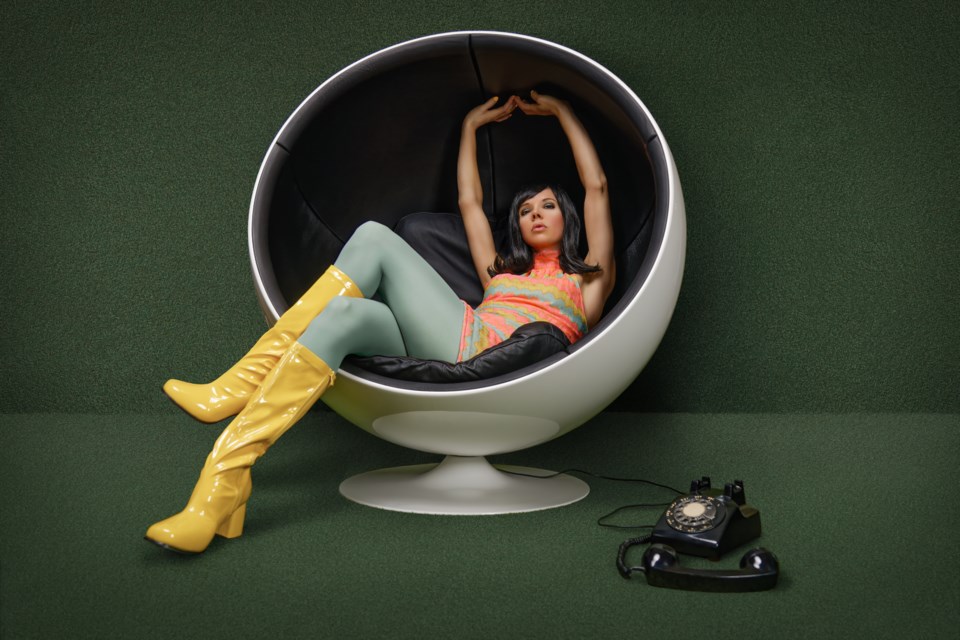The 1990s hit film trilogy "Austin Powers" may have reintroduced many to 1960s lingo, phrases, and idioms. In the films, a 1960s-era spy, played by comedian Mike Myers, time travels to the 1990s, where he anachronistically uses phrases like "groovy, baby" and "shagadelic." But did people actually talk like that?
If you lived through the 1960s, you might need a refresher course. And if you were born after the 1960s, you might be curious about what it was really like. So, using sources from the news and etymological dictionaries, compiled a list of 25 words and phrases that were specifically popular or popularized during the 1960s. The list contains a range of slang terms that might still be in use and those that have become completely obscure.
Hippie terminology dominates this list, but it's important to note that much of the slang featured here originates from the jazz culture of the 1920s through the 1940s. Specifically, the slang comes from the African American community that created and cultivated jazz and its lingo.
Like much of popular slang throughout history, this African American vernacular then became adopted and utilized by a wider and, of course, whiter audience. Other terms and phrases were coined from pieces of then-present-day popular culture, like 1960s rock music and early television.
Keep reading to see what idioms were common in 1960s culture, how they came to be, and if they stayed in fashion.

Groovy
Decades before "Austin Powers," the term groovy as we know it first emerged in the Jazz Age of the 1920s.
It's derived from the phrase "in the groove," as in the groove of a record where the record player needle hits. It's a word closely associated with 1960s hippie culture and peaked when Simon & Garfunkel released their song "The 59th Street Bridge Song (Feelin' Groovy)" in 1966.
However, there is some debate about whether it was ever truly a "cool" word to say—as discussed in from the New York Times.
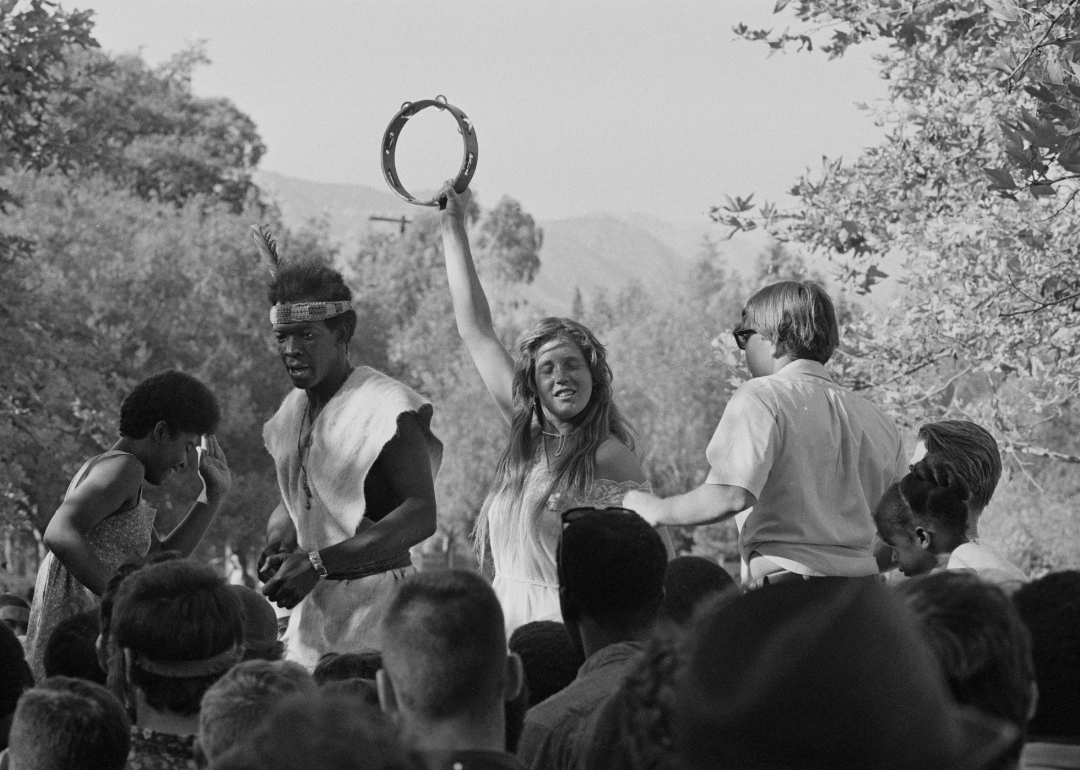
Far-out
Another phrase adopted from jazz culture—something that's "far-out" is something so out there, so progressive, so fresh, so new, and so cool that it's just, well, "far-out." The Oxford English Dictionary uses a quote from 1954 as an example of its usage, but saying "far-out" quickly became a ubiquitous part of 1960s hippie lingo.
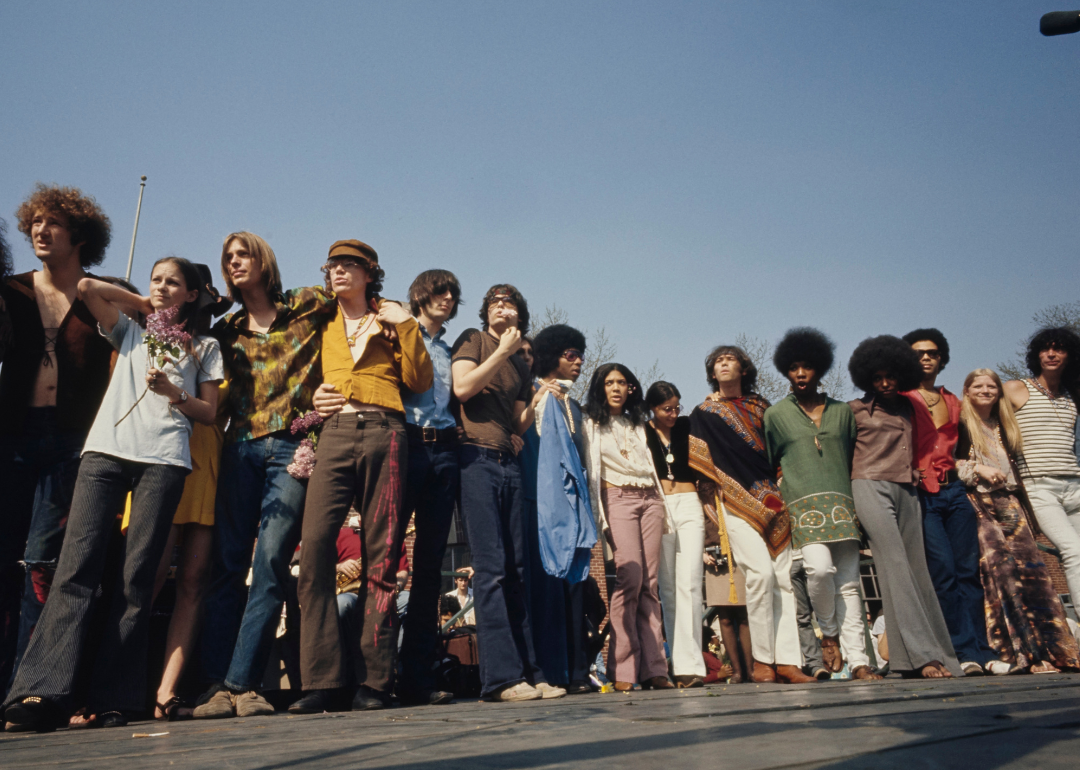
Gimme some skin
This is a cooler way to ask someone to give you a handshake, a high five, or a fist bump. "Gimme some skin" comes from African American vernacular of the 1940s.
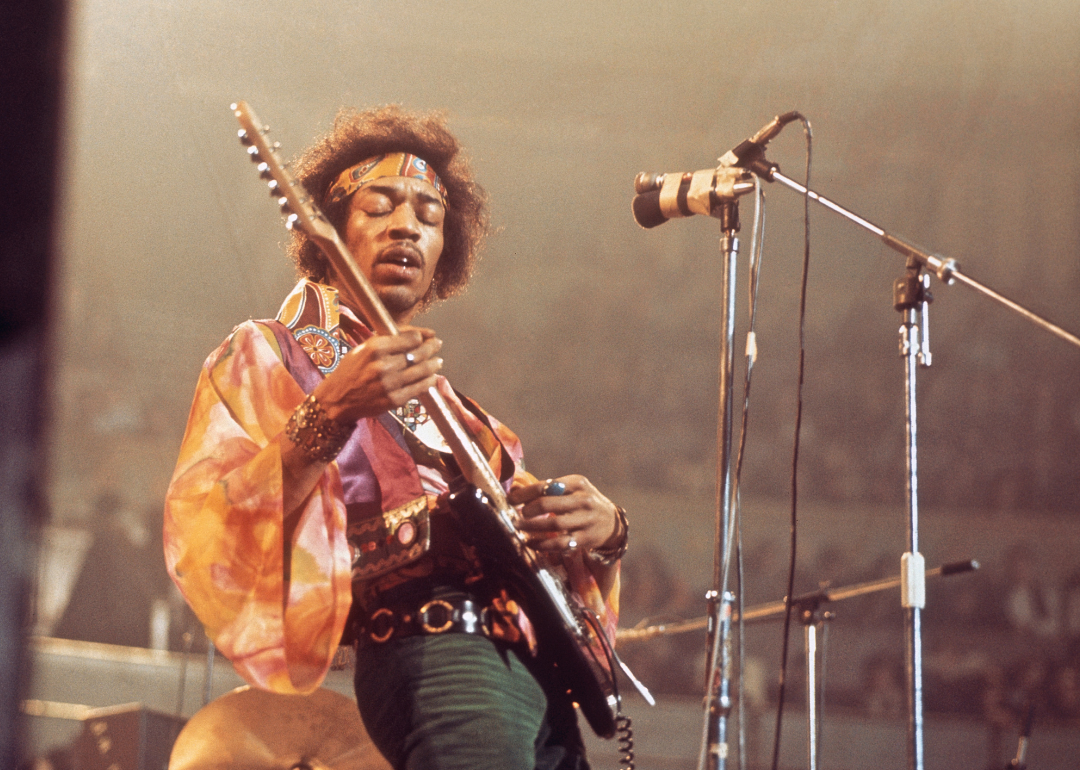
Freak flag
While "letting your freak flag fly" is still an expression heard today, the term "freak flag" is said to have first been used by Jimi Hendrix in his 1967 song "If 6 Was 9" (But I'm going to wave/ My freak flag high). It was later used in Crosby, Stills, Nash & Young's song "Almost Cut My Hair" in 1970.
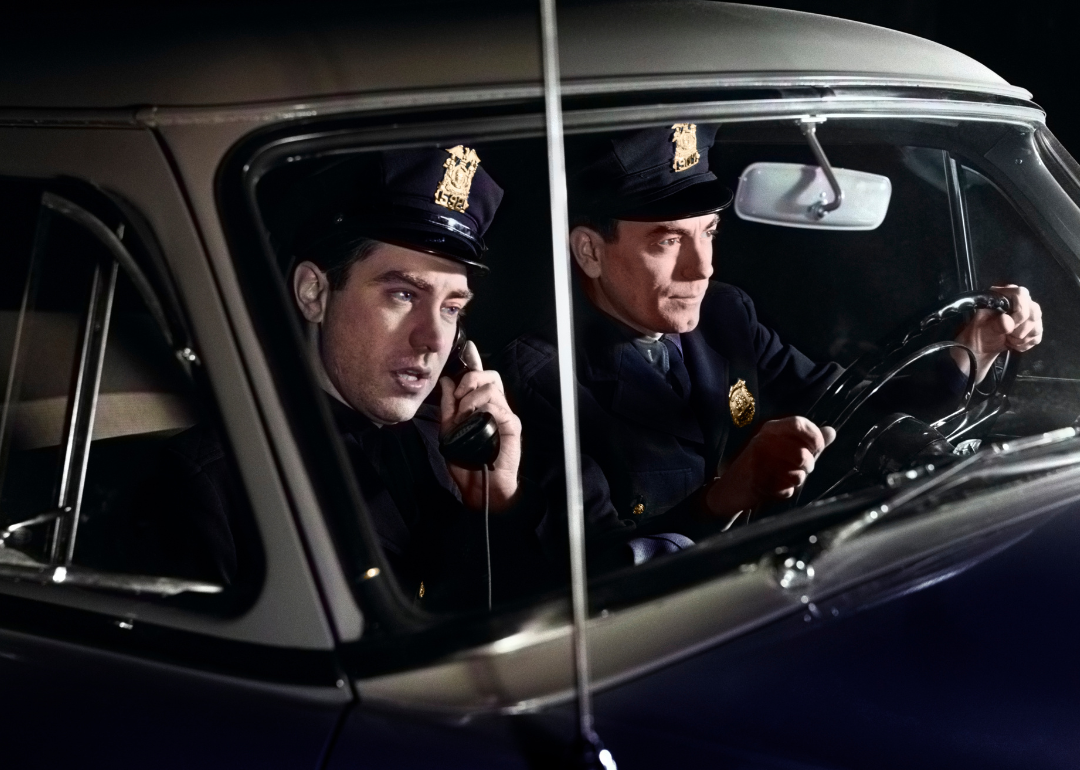
The fuzz
As befits the term, "the fuzz," which is slang for police, also has a fuzzy etymology. The Guardian's readers whether it came from a mispronunciation of "the force" or a quick way to say "the Feds," but it first emerged in the 1920s and 1930s and was later popularized with 1960s protest culture. Evan Morris, the Word Detective, that "the fuzz" was used in a derogatory sense to refer to the police, underhandedly mocking police for being soft and incompetent.

Copacetic
Officially, Merriam-Webster defines "copacetic" as meaning that something is very satisfactory, and its first known use was in 1919. It became a popular word to use in the 1960s as a way to say, essentially, "it's all good."
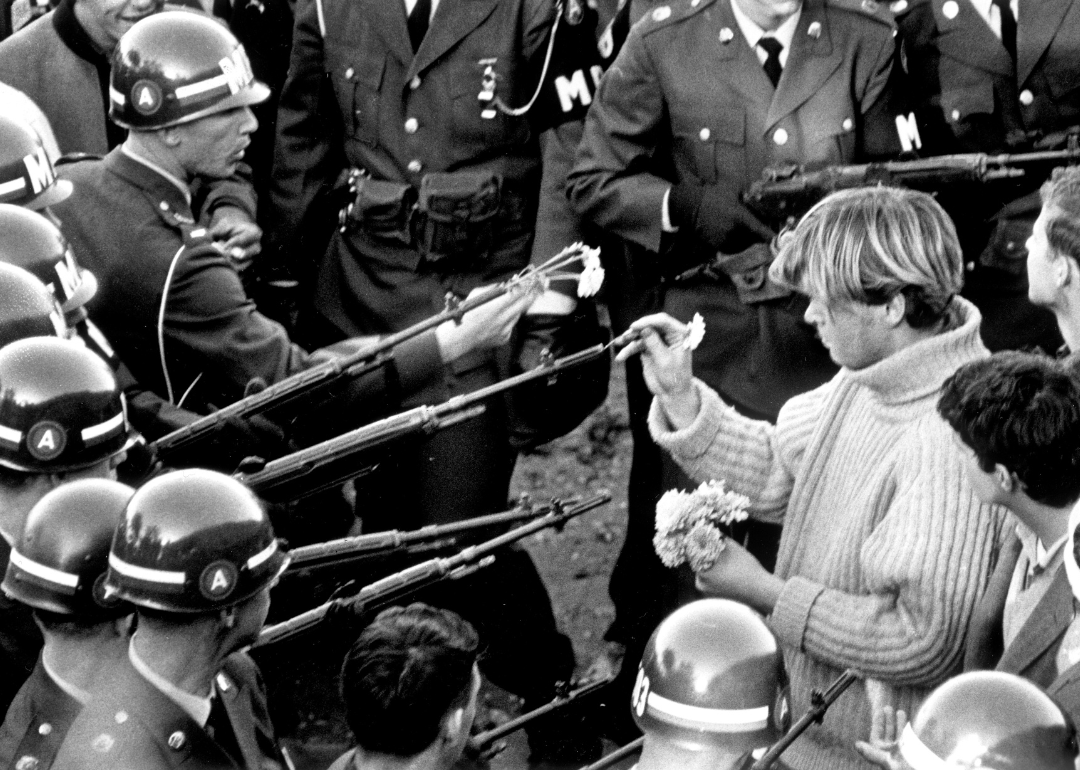
Heavy
A term straight out of a dictionary of hippie slang, something defined as "heavy" is something that weighs on you emotionally, something sad, or something philosophically complex. It's still used in this capacity today, though not without having a -esque existential connotation.
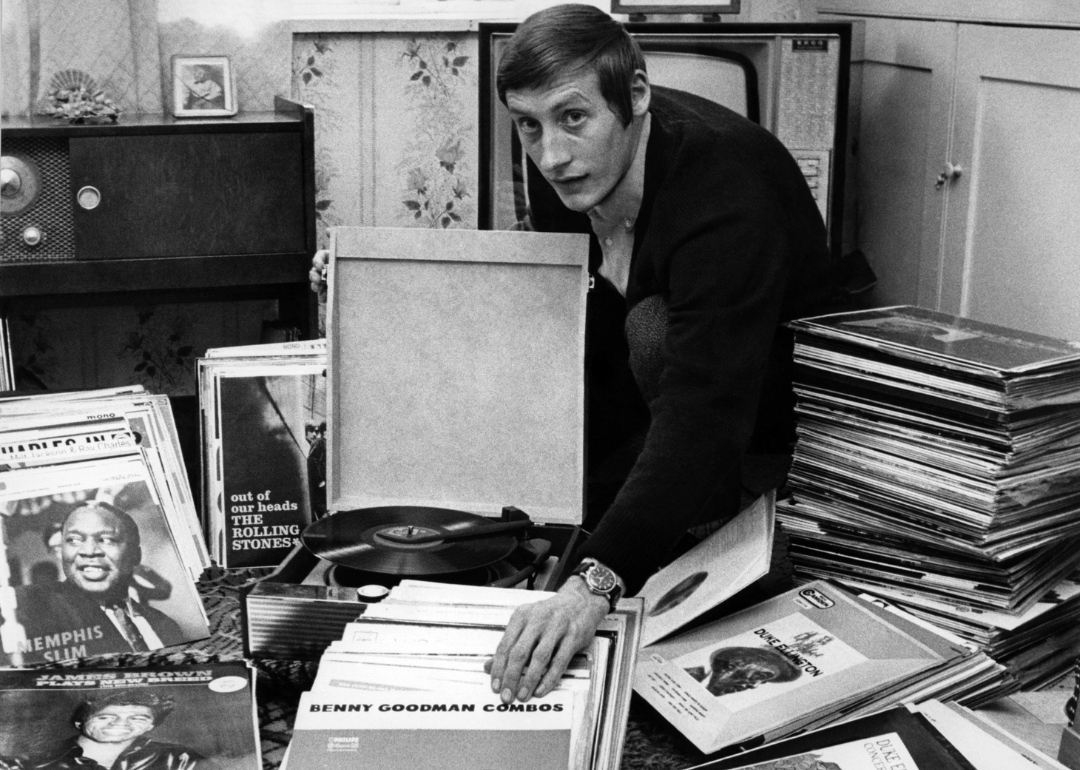
Dig it
Can you dig it? If you can dig it, that means you're into it, you like it, and you think it's cool—be "it" a thing, a situation, or a vibe. It could also mean that you understand it. Like many idioms on this list, the origins came from African American and jazz slang from the 1930s and progressed in popularity throughout the 1960s.
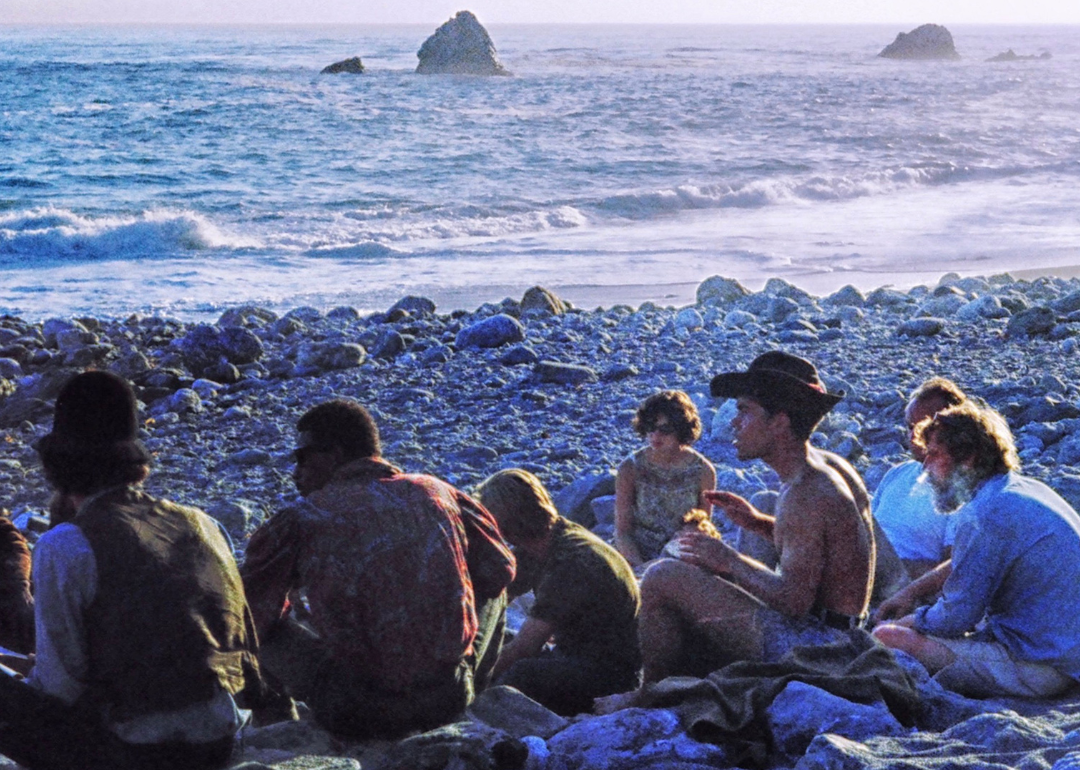
Mellow
Still used commonly today, "mellow" means relaxed or easy-going. In the 17th century, someone described as mellow was someone genial by way of intoxication; in the 1960s, it was similarly used to describe someone who was genial by way of marijuana.
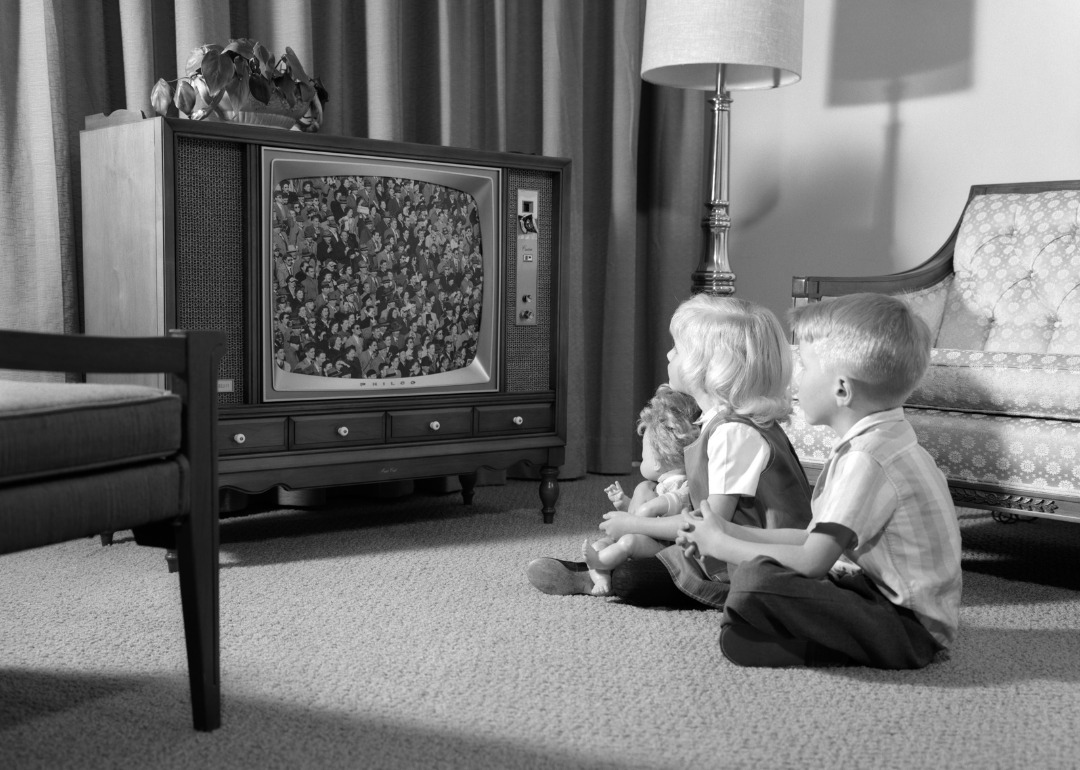
Boob tube
Television finally became a common household electronic device by the 1960s, and "boob tube" became a slang term for the bulky box to watch "The Dick Van Dyke Show" on.
Unlike today's flat-screen versions, early televisions were made with a cathode-ray tube that produced visuals when electrons hit a glass screen—hence "tube." Early critics of television saw it as a zombifying, mindless activity—hence "boob."
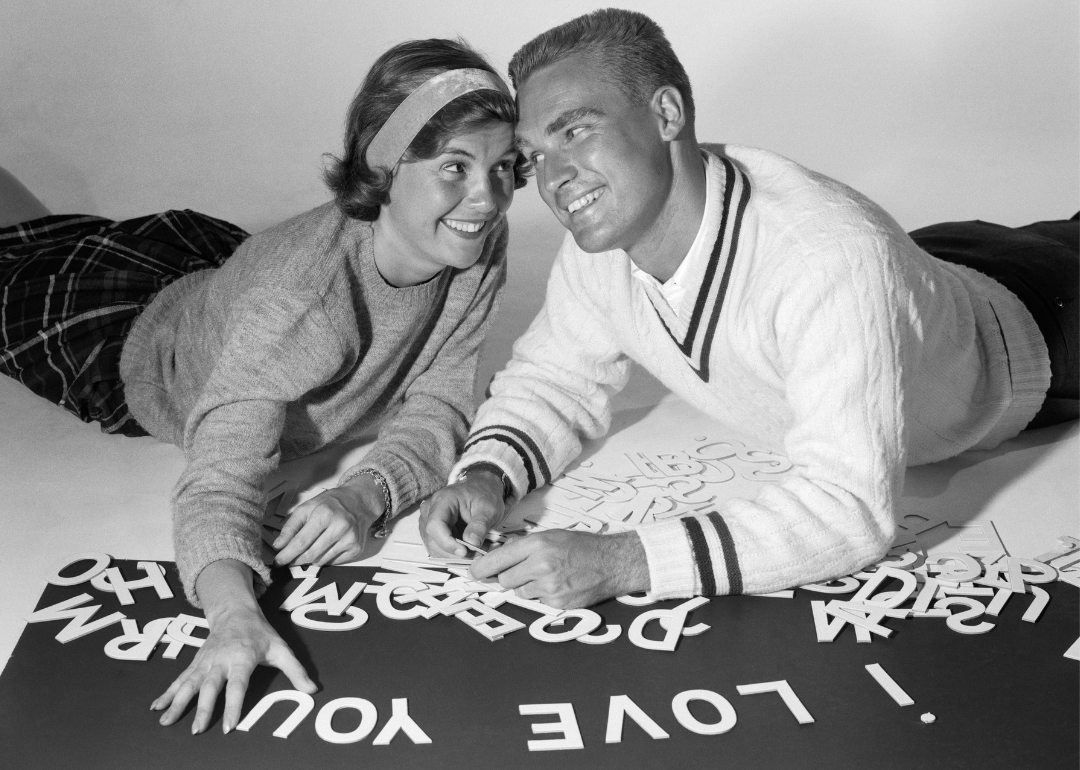
Going steady
"Going steady" means to date one person exclusively or steadily. It dates back to the early 20th century but was common in teen culture in the 1960s. The phrase has gone out of fashion in lieu of more complex dating terms like "situationships" and "hooking up."
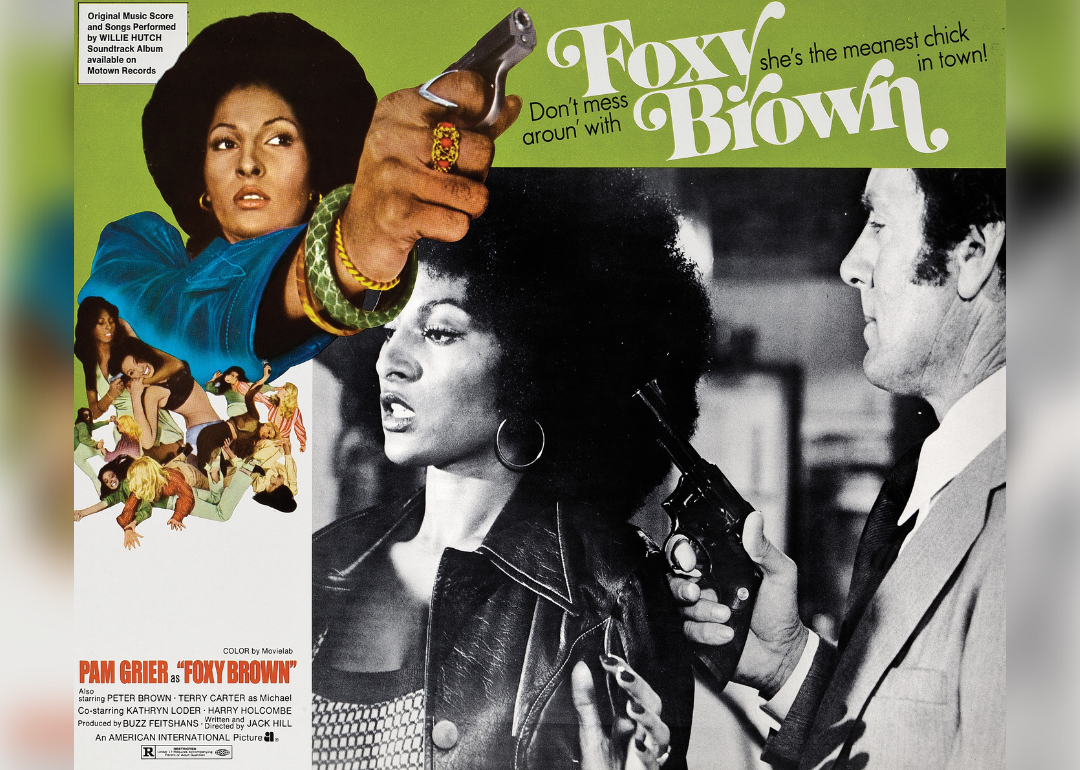
Foxy
A slang term originated in the 1960s and continued to be popular through the 1970s, "foxy" originally derived from meaning foxlike and sly and evolved to mean sexy and appealing. The slang adjective peaked when actress Pam Grier played the titular character in the 1974 Blaxploitation film "Foxy Brown."
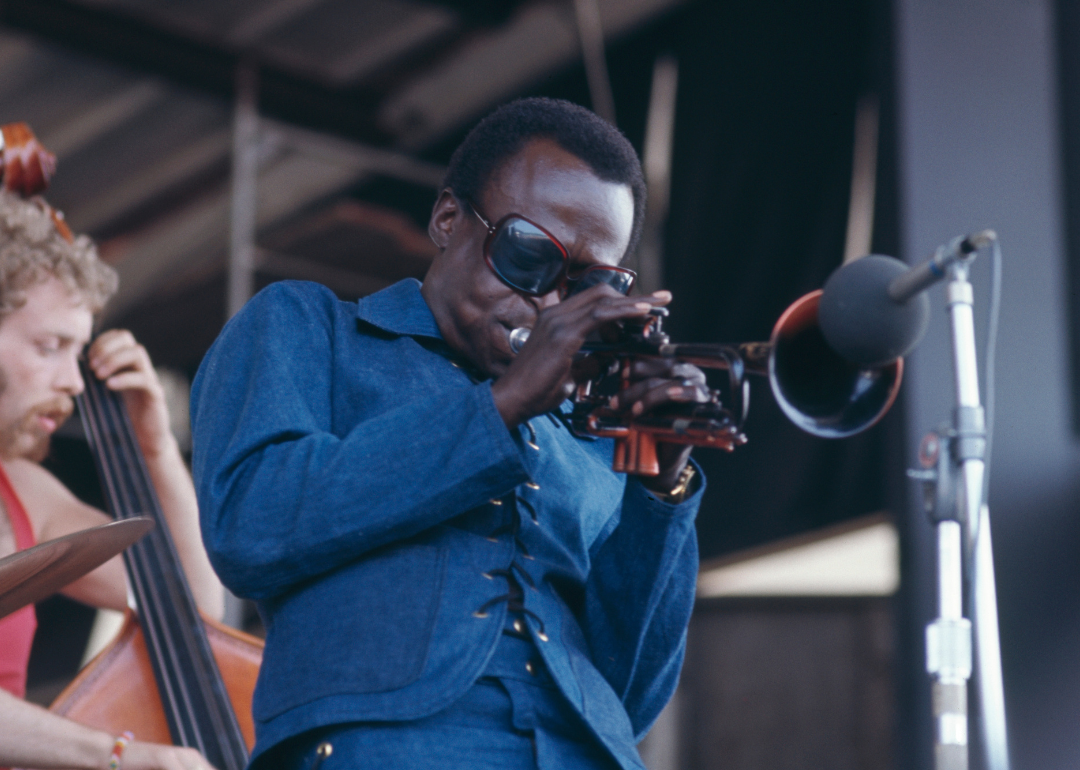
Cool cat
A "cat" or a "cool cat" is not a four-legged creature that meows. Adopted from 1940s jazz culture, a "cat" in the 1960s was a term for someone who was really, really cool.
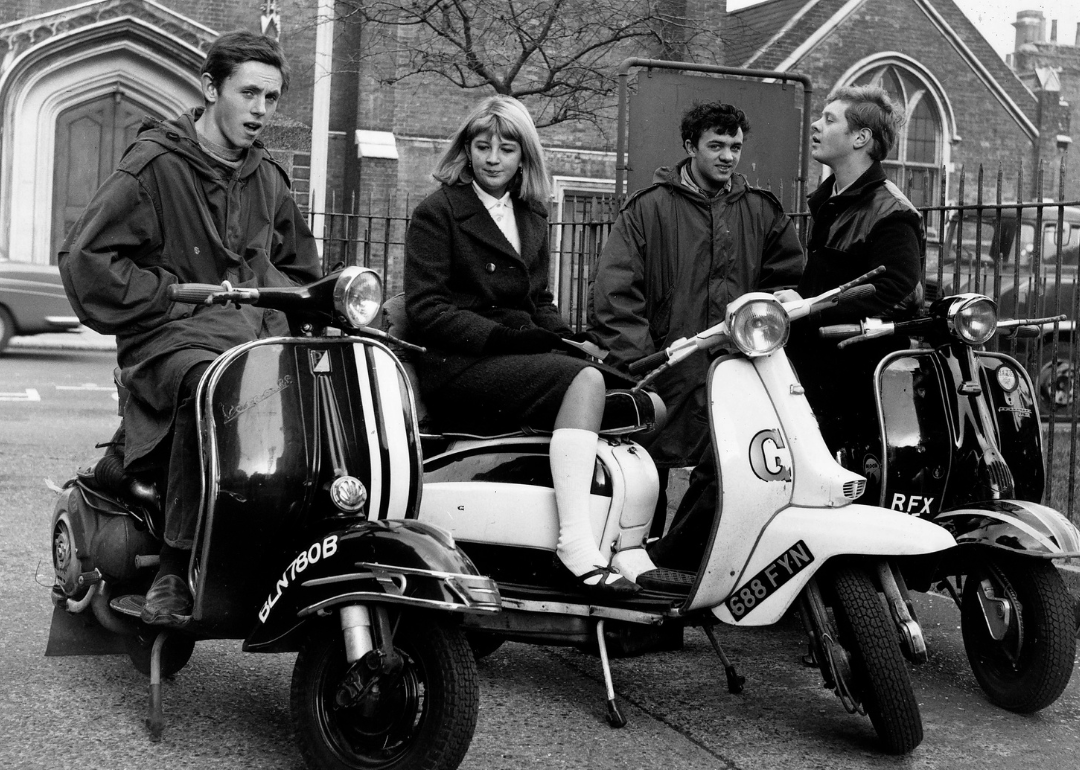
Mod
"Mod" is short for modern, and in the 1960s, it was a term used to describe a subculture of young people who dressed on the cutting edge of fashion and rode motor scooters, especially in England. It's still used today to define a specific aesthetic.
In the quintessential 1960s movie, the Beatles' "A Hard Day's Night," Ringo Starr is asked if he's a mod or a rocker. His answer:
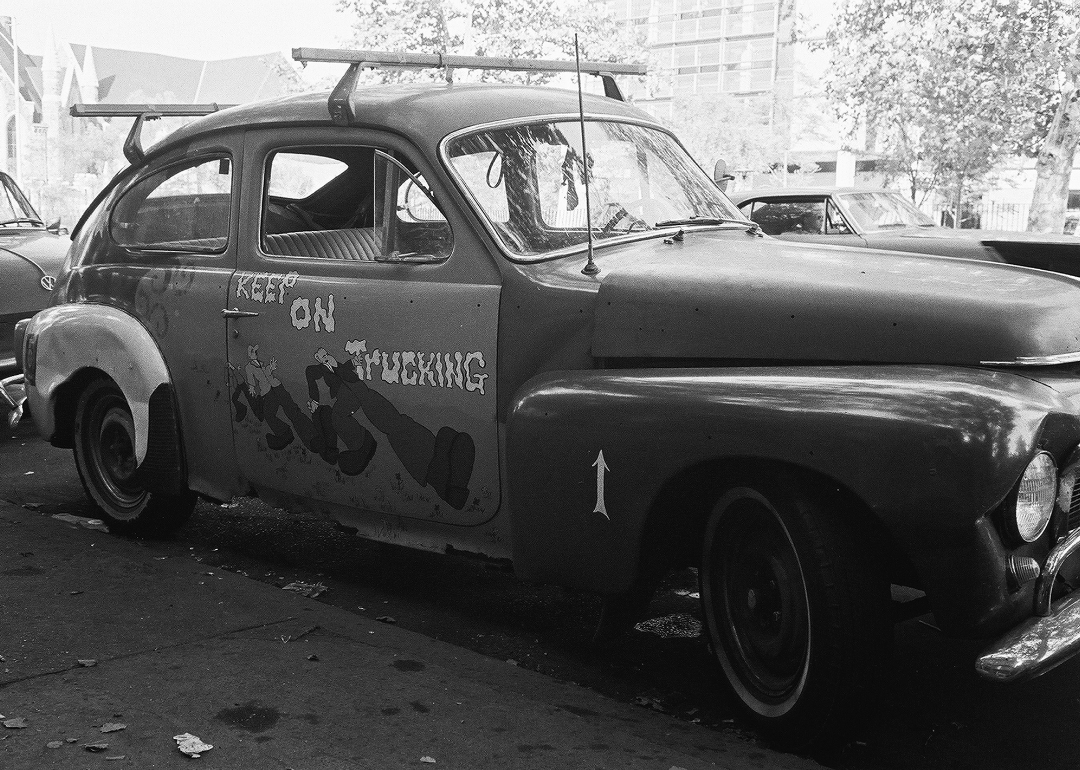
Keep on truckin'
To "keep on truckin'" is to push through the hard times, not to give up. The phrase comes from literal trucking—driving 18-wheelers across the country—but was also popularized by a comic from cartoonist Robert Crumb and became a popular hippie slogan.
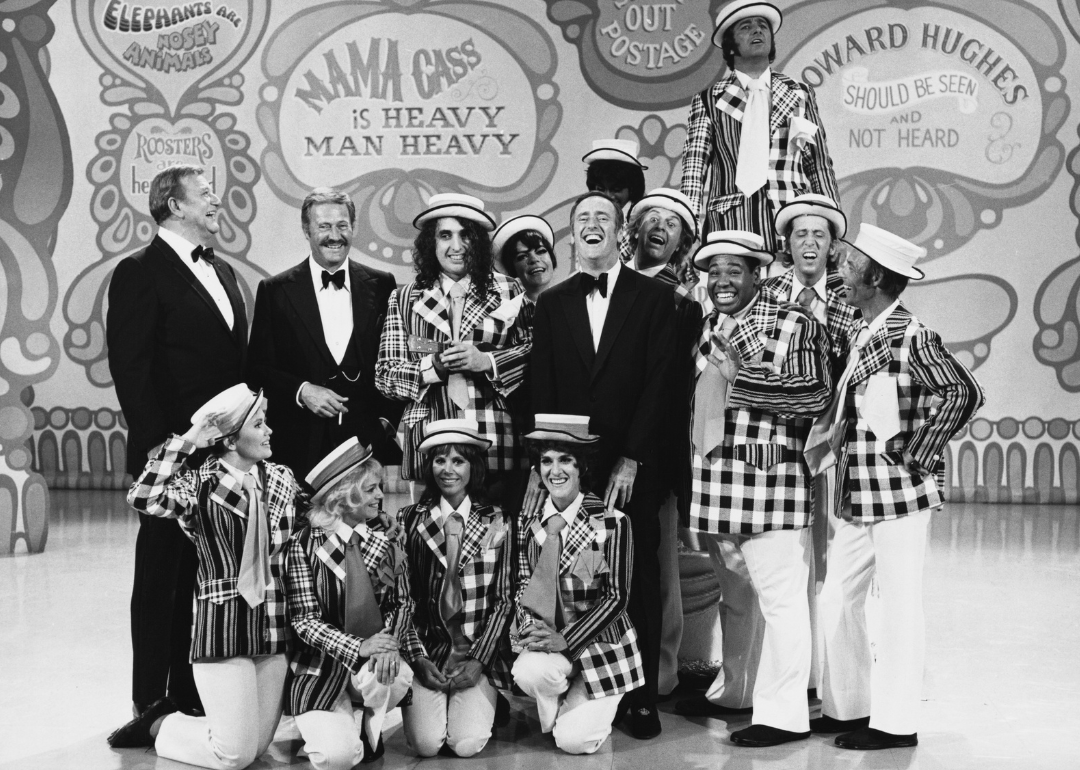
Bippy
A word originated on the hit 1960s TV sketch comedy show "," "bippy" is a stand-in for "butt." The phrase "you bet your bippy," meaning "you can be certain of that," caught on due to the show's popularity.
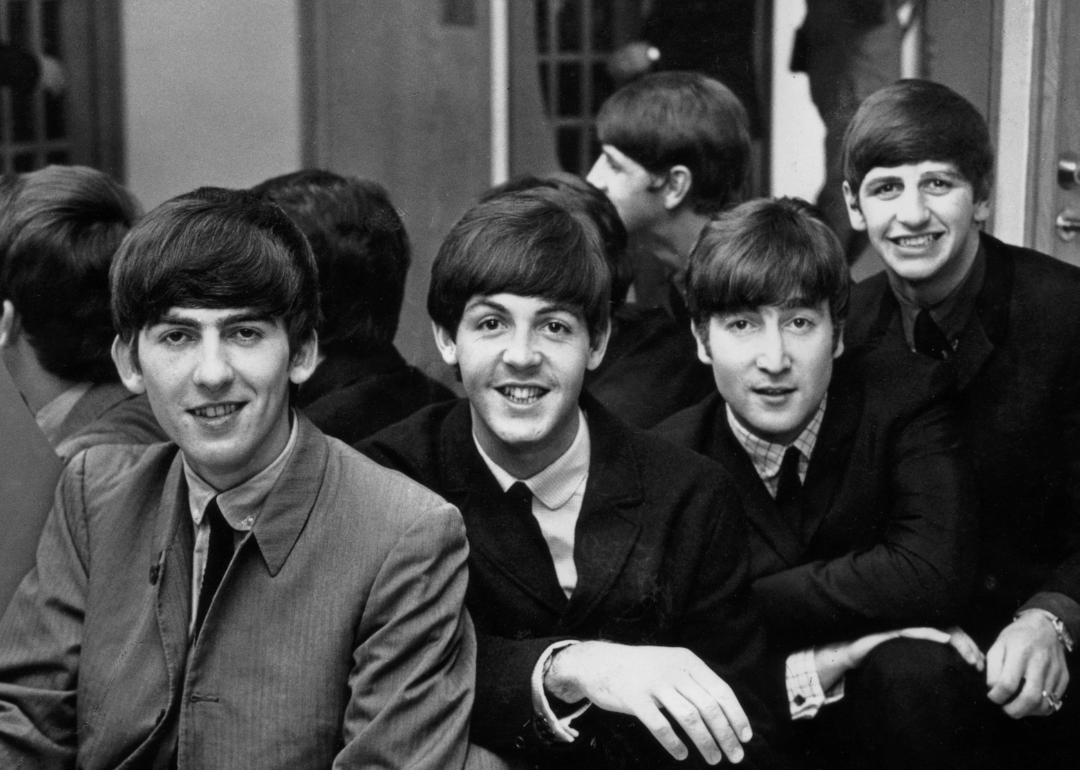
Moptop
"Moptop" is a slang term for the hairstyle popularized by the Beatles, which is essentially a chic bowl cut. The hairstyle was longer and shaggier than hairstyles popular before the 1960s—hence its comparison to a mop.
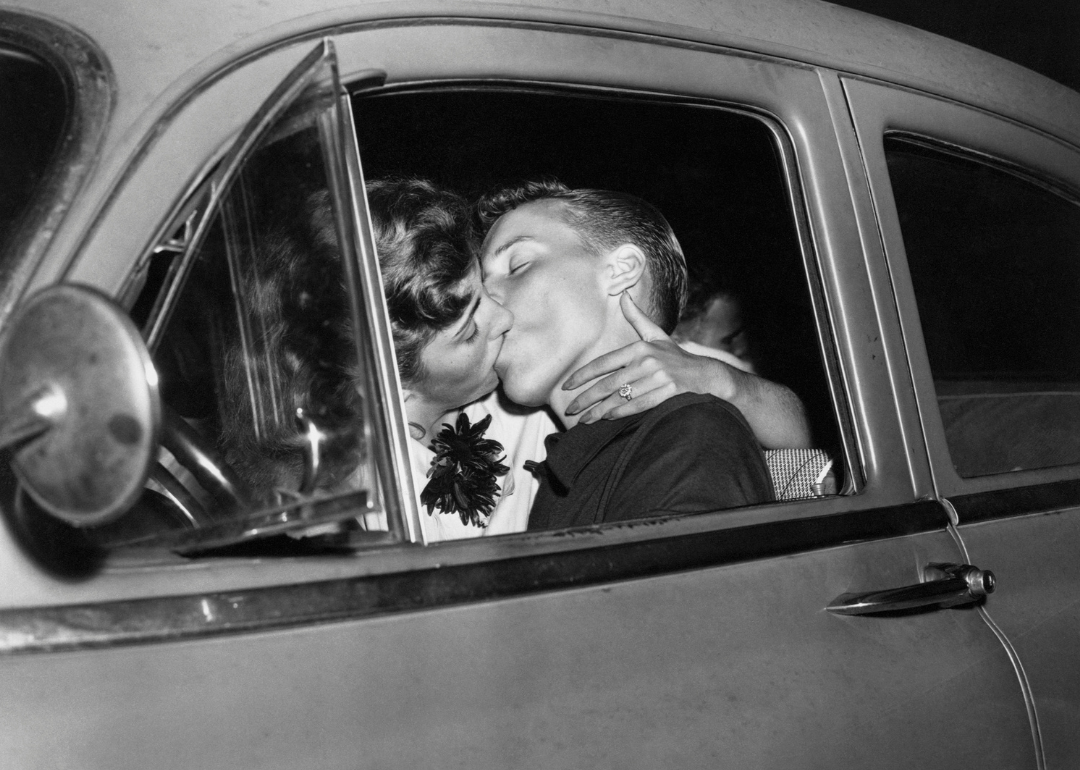
Necking
The term "necking" means to kiss passionately—what we might call "making out" today. This word dates back to the 19th century and was used throughout the 1960s, but has since gone out of style.
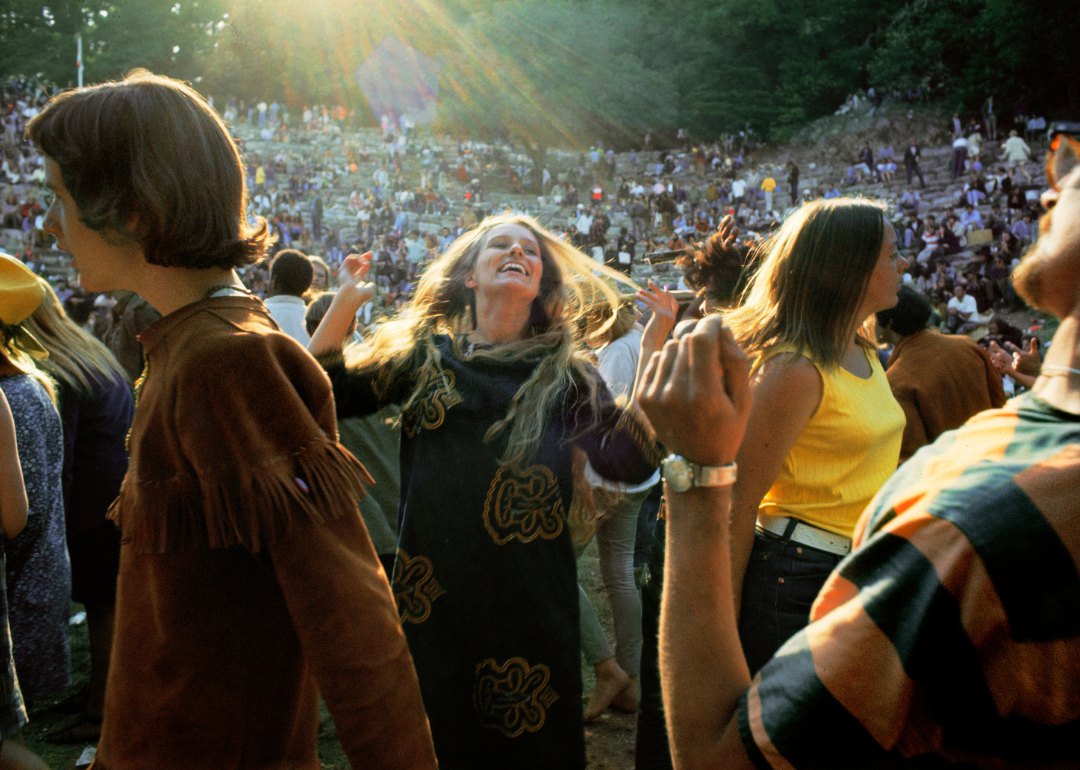
Out of sight
If something is "out of sight" that means that it's extremely "far-out," remarkable, amazing. Literally, the phrase has been used for decades. It was often used in African American communities during the jazz era, but as slang, it picked up during the 1950s and 1960s.
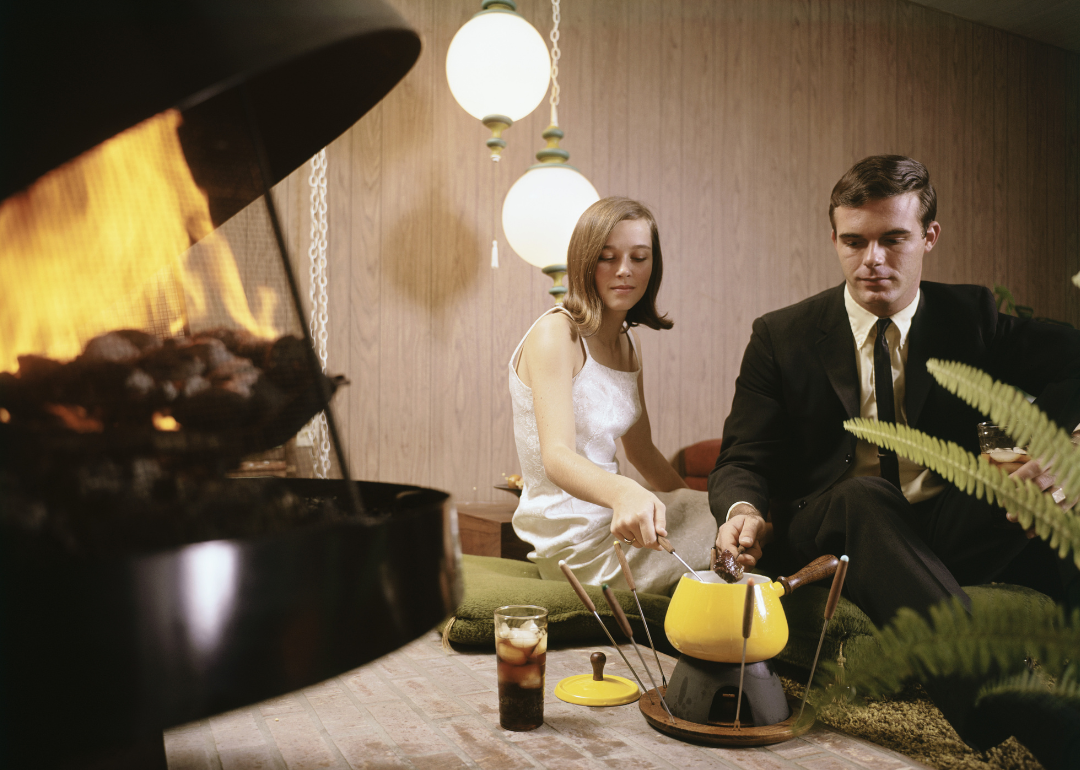
Pad
A groovy "pad" is where one lands at the end of the day—their home. According to , the term started in the underworld way back in the 17th century to refer to the bed of straw or rags for poor travellers or criminals to use. It eventually made its way into the lingos of 1960s hippies. It's still a pretty common word to hear today, particularly in reference to the pad of a bachelor.
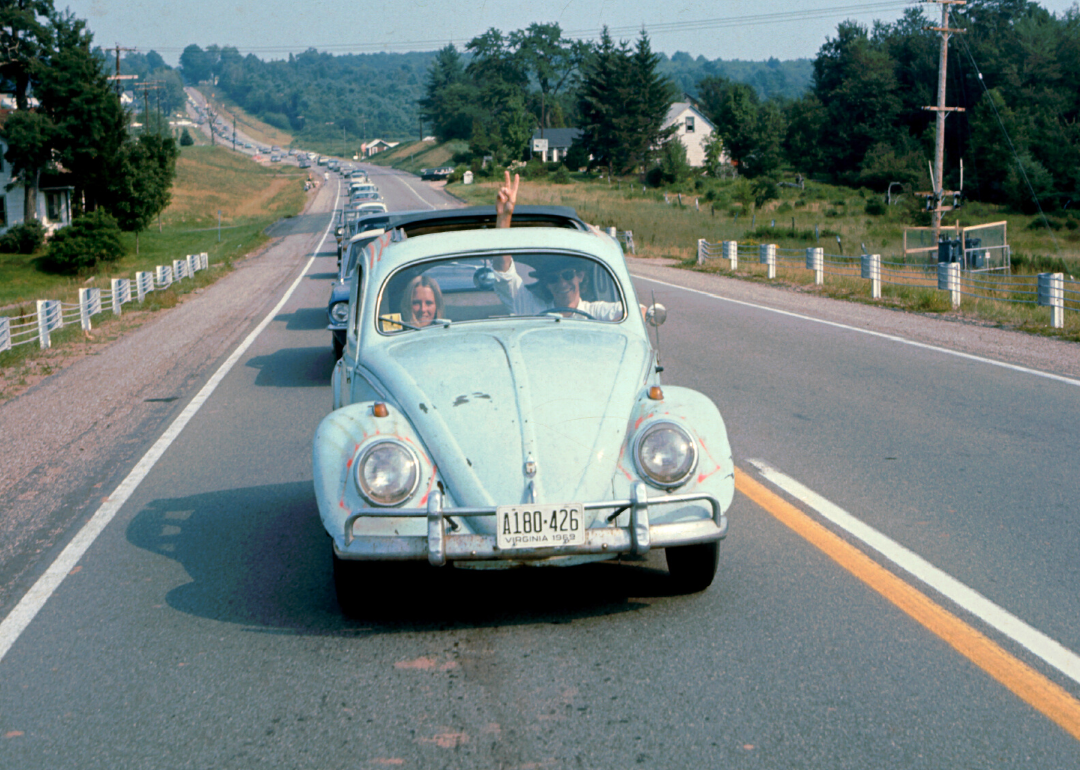
It's a gas
"It's a gas" or "that's a gas" or "life's a gas"—anything being "a gas" is a good thing, it means that it's fun. The word "gas" standing in for the word "enjoyment" seems to have first been used in print by Charles Dickens in 1839, then by James Joyce in the early 20th century, and later in African American jazz culture of the 1920s and '30s.
The phrase "it's a gas" first appeared in print in 1957 in a work by author James Baldwin and gained popularity from there.
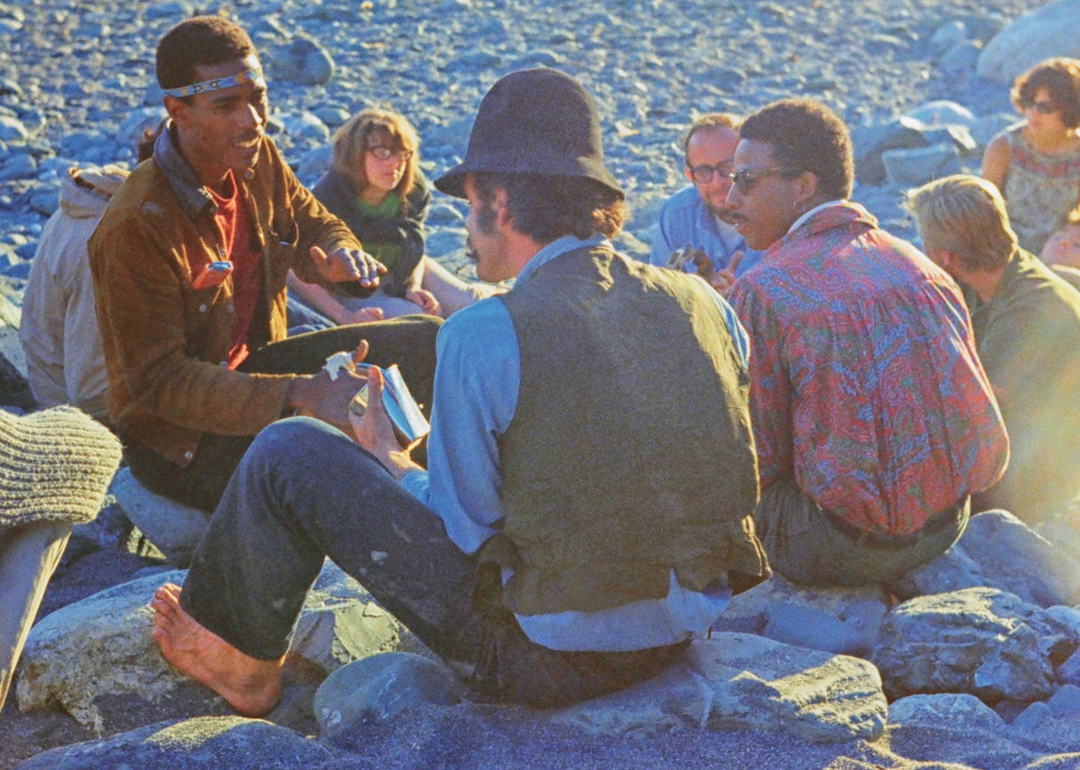
Lay it on me
Still fairly commonly used today, "lay it on me" is a "chill" way of asking someone what's on their mind. It was a part of hippie slang in the 1960s and hasn't completely gone out of fashion.
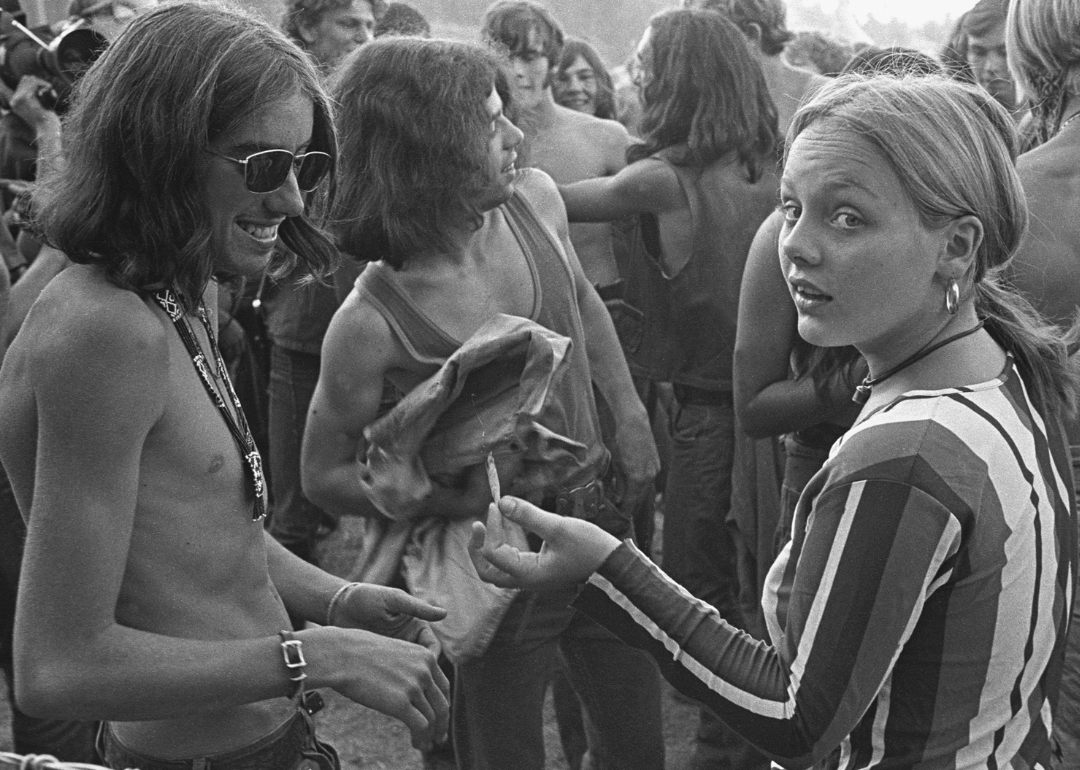
Bogart
A "bogart" is a slang term for someone who selfishly takes or hogs something, like the last french fry on a shared plate or the last puff of marijuana if you are a 1960s hippie. The word comes from actor Humphrey Bogart, who often had a cigarette hanging from his lips until its very last possible drag.
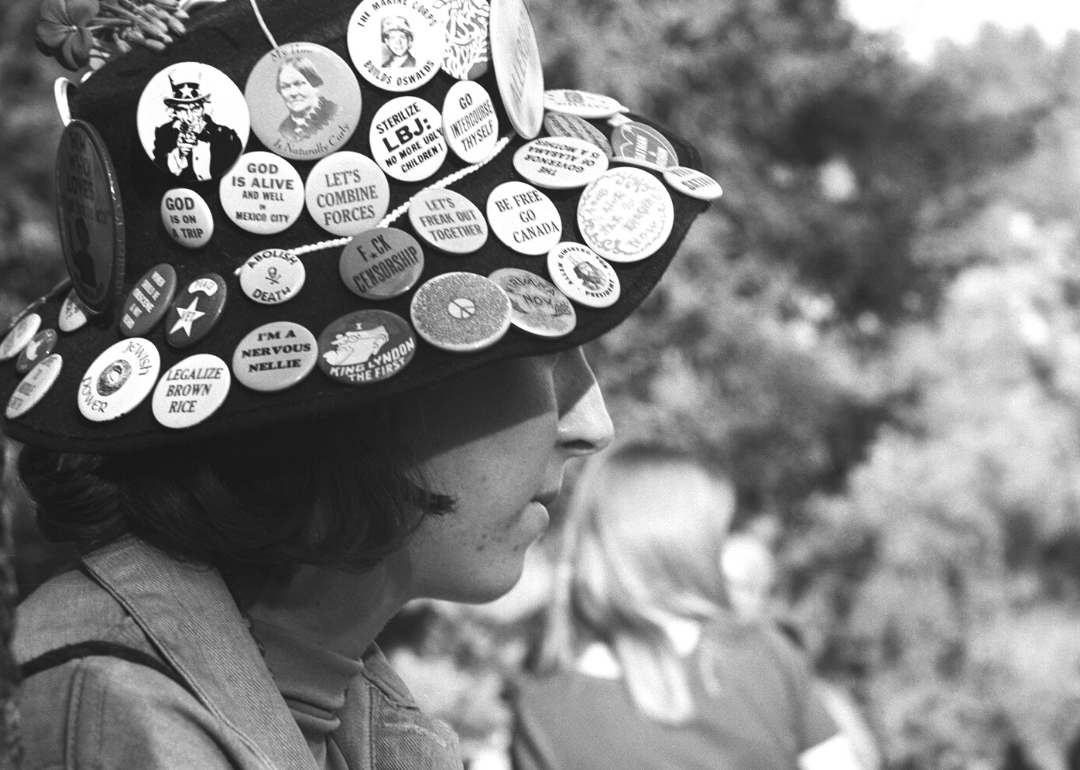
What's your bag?
Where today, one might ask, "what's your deal?" to ask what someone's problem was; in the 1960s, one might ask, "what's your bag?" The term likely derives from luggage or baggage, being a euphemism for problems.
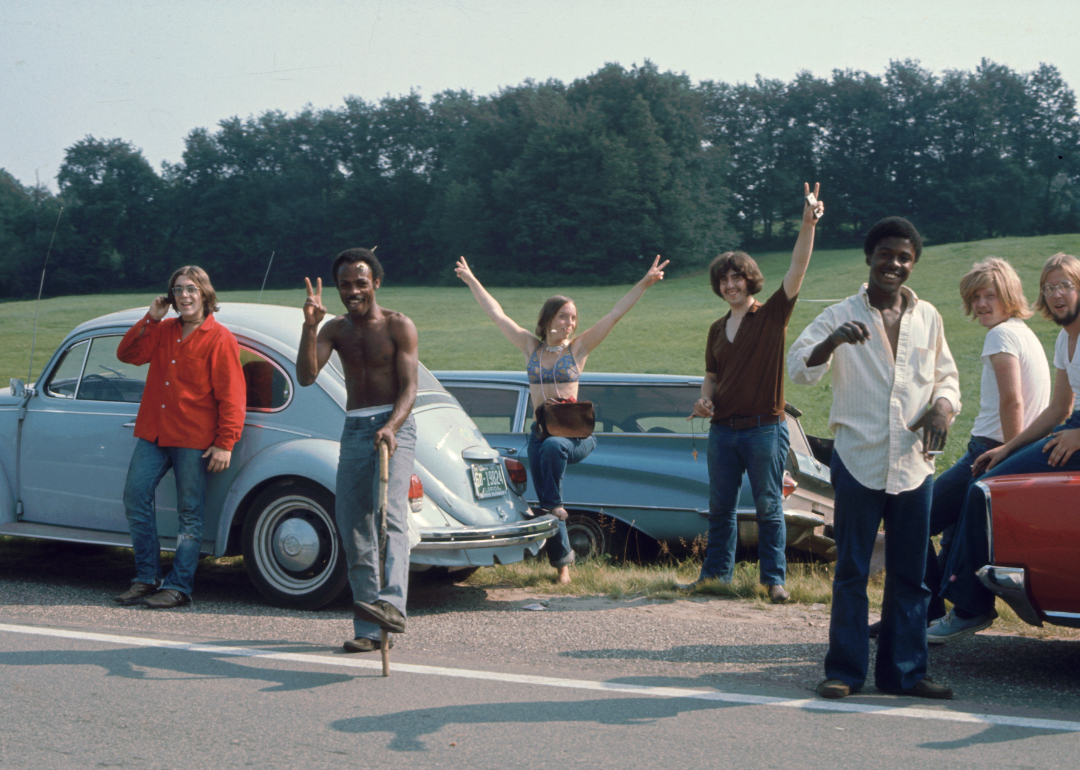
Grass
"Grass" is slang for marijuana and a seminal part of hippie culture and lingo. It was used throughout the 1960s. It's still in use today, but more as a retro nod to the past.
